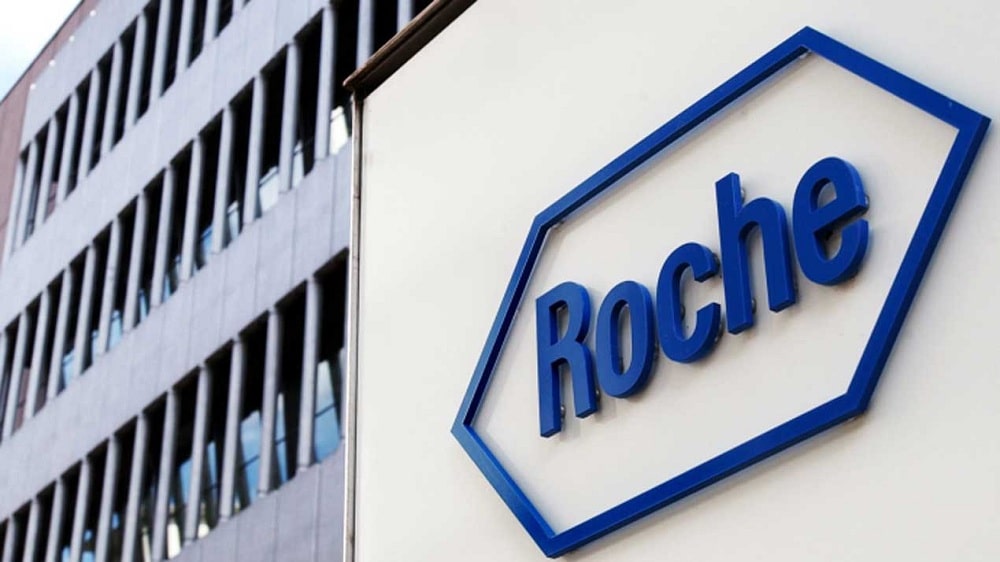Roche announced U.S. FDA approval for the expanded use of CINtec® PLUS Cytology, the first triage test based on biomarker technology for women whose cervical cancer screening results are positive for high-risk types of human papillomavirus (HPV). Additional information from this test supports clinical decisions about which women will benefit most from immediate follow-up. Laboratories can now use CINtec PLUS Cytology to triage positive results from the cobas® HPV Test run on the fully integrated, automated and high-throughput cobas® 6800/8800 Systems.
High-risk HPV is the principal cause of cervical cancer, which is one of the most common cancers in women globally. The World Health Organization has set goals for countries to take action to eliminate cervical cancer by 2030.
“With our portfolio of cervical cancer tests and automated testing platforms, we are committed to providing clinicians and laboratories with the best tools possible to protect women’s health,” said Thomas Schinecker, CEO Roche Diagnostics. “This expanded indication for CINtec PLUS Cytology gives laboratories the flexibility to triage cobas HPV test results on their choice of cobas® Systems and deliver accuracy needed to reliably detect HPV infections that are starting to cause cellular changes that could lead to cancer. The biomarker information helps to clarify a woman’s risk of disease, reduce the potential for over- or under-treatment, and is a major step forward in individualising a woman’s care.”
HPV DNA screening identifies women at risk for cervical cancer by detecting the presence of high-risk HPV DNA in cervical samples. While most HPV infections resolve on their own, some women who test positive for the virus, or whose co-testing results are discrepant (HPV positive/Pap cytology negative), may have or may develop pre-cancerous cervical lesions. These lesions could progress to cervical cancer if left untreated.
About human papillomavirus and cervical cancer
Persistent infection with high-risk human papillomavirus (HPV) is the principal cause of cervical cancer in women, with HPV implicated in greater than 99 percent of cervical cancers worldwide.1 Cervical cancer is nearly 100 percent preventable with proper HPV vaccination, screening and treatment; expanding access helps reach more women in underserved communities where the disease burden is highest.2,3 It can take 10 to 15 years or longer for cervical cancer to develop, so knowing a woman’s individual risk and finding disease early, before cancer develops, is an important prevention strategy.
About 13,800 new cases of invasive cervical cancer will be diagnosed in the U.S. in 2020, according to the American Cancer Society, and about 4,290 women will die from the disease this year. Globally, the World Health Organization estimates there are more than 570,000 new cases of cervical cancer annually, and 311,000 deaths.4 Learn more about the Roche Cervical Cancer Global Access Program.



















